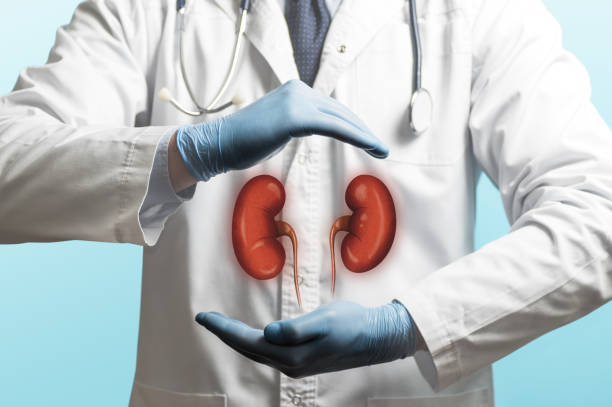Make an Appointment
We live in a time where we often hear the term “dialysis”.
What is dialysis? What does it mean? It is defined as a process for separating substances from a liquid, especially for taking waste substances out of the blood of people who have damaged kidneys. Dialysis is a treatment for individuals who suffer from kidney failure.
When asked what is dialysis? Who are the people who need it? We had a lot to answer. Dialysis is a treatment for people who suffer from problems with their kidneys. When one has
kidney failure
they cannot filter blood naturally. Their kidneys don’t filter blood the way they should. Their kidneys are incapable of doing it. Toxins and waste material of your body are unable to remove and they build up in your bloodstream. This could lead to severe health problems and eventually the death of the person. In a problematic situation like this, dialysis does the work of your kidneys; it removes the waste products and excess fluid from the blood.
Apart from people having kidney failure, there is another state called end-stage renal disease that needs dialysis. It is abbreviated as ESRD. Kidney failure in a person can occur due to many reasons. Injuries and conditions like high blood pressure, diabetes and lupus can damage kidneys leading to kidney diseases. In other cases, people develop kidney problems for no specific reason. Kidney failure can occur because of some long-term condition or it can occur suddenly after someone has suffered through some serious illness or injury.
There are five stages of kidney failure. When a person reaches stage five, it is considered to be a serious condition. The functioning of the kidneys reduces to about 10 to 15 percent. at this point, one may need dialysis or a kidney transplant to stay alive. Some people undergo dialysis while waiting for a transplant. There are two types of dialysis, Hemodialysis and Peritoneal dialysis, that both perform normal kidney functions, filtering waste and excess fluid from the blood.
In hemodialysis, a machine removes blood from your body, filters it through a dialyzer or artificial kidney and returns the cleaned blood to your body. This takes about three to five hours. It may take place in a hospital or a dialysis centre three times a week. One can do hemodialysis at home. It is also possible at night while you sleep.
In peritoneal dialysis, tiny blood vessels inside the abdominal lining filter blood through the aid of a dialysis solution. This solution is a type of cleaning liquid that contains water, salt and other additives.
Peritoneal dialysis takes place at home. There are two ways to do this treatment. They are Automated peritoneal dialysis that uses a machine called a cycler. The other one is Continuous ambulatory peritoneal dialysis (CAPD) takes place manually.
It’s possible to live 10 to 20 years on dialysis. The outlook varies depending on your age, overall health, the cause of kidney failure and other factors. If you get a kidney transplant, you can stop dialysis when your new kidney starts working. Many people on dialysis continue to live active lives, working, raising families and travelling. When you travel, your healthcare provider can help arrange for you to get dialysis at a centre at your new location. If you’re doing either type of self-dialysis, you can take dialysis solution bags and the portable home dialysis machine with you.


One Comment
Pingback: What causes kidney diseases? | Sujata Birla Hospital